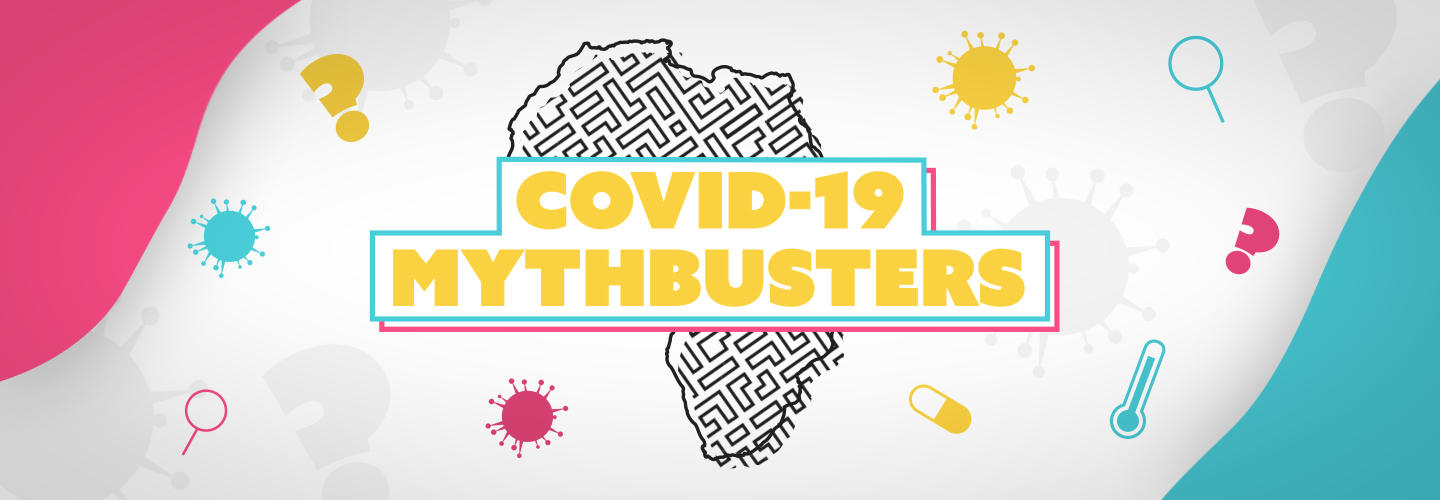
Spread Facts
One of the biggest challenges of the COVID-19 pandemic is making sure the information you read online, see on TV or hear on radio is real and based in science. There have been many rumours and myths that have spread across the WHO African Region since the start of the pandemic and this can be dangerous.
Misinformation kills
Dangerous misinformation, shared both on and offline, ensures that COVID-19 and other deadly diseases continue to thrive.
Facts save lives.
Accurate information, rooted in science, ensures people, communities and countries stay safe and healthy.
Spread facts, not falsehoods.
Below, we tackle some of the most widely-spread health misinformation in the Region based on science.
Help stop the spread.
Pause before you share. Share the MythBusters. Keep your friends and families safe.
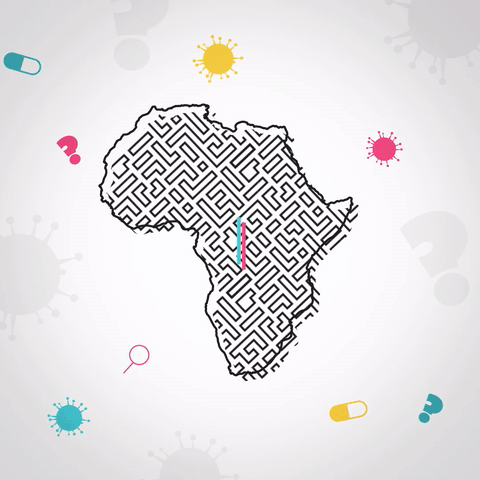
Hydroxychloroquine
Studies show hydroxychloroquine does not have clinical benefits in treating COVID-19

Hydroxychloroquine or chloroquine, a treatment for malaria, lupus erythematosus, and rheumatoid arthritis, has been under study as a possible treatment for COVID-19. Current data shows that this drug does not reduce deaths among hospitalised COVID-19 patients, nor help people with moderate disease.*
The use of hydoxychloroquine and chloroquine is accepted as generally safe for patients with malaria and autoimmune diseases, but its use where not indicated and without medical supervision can cause serious side effects and should be avoided.
* More decisive research is needed to assess its value in patients with mild disease or as pre- or post-exposure prophylaxis in patients exposed to COVID-19.
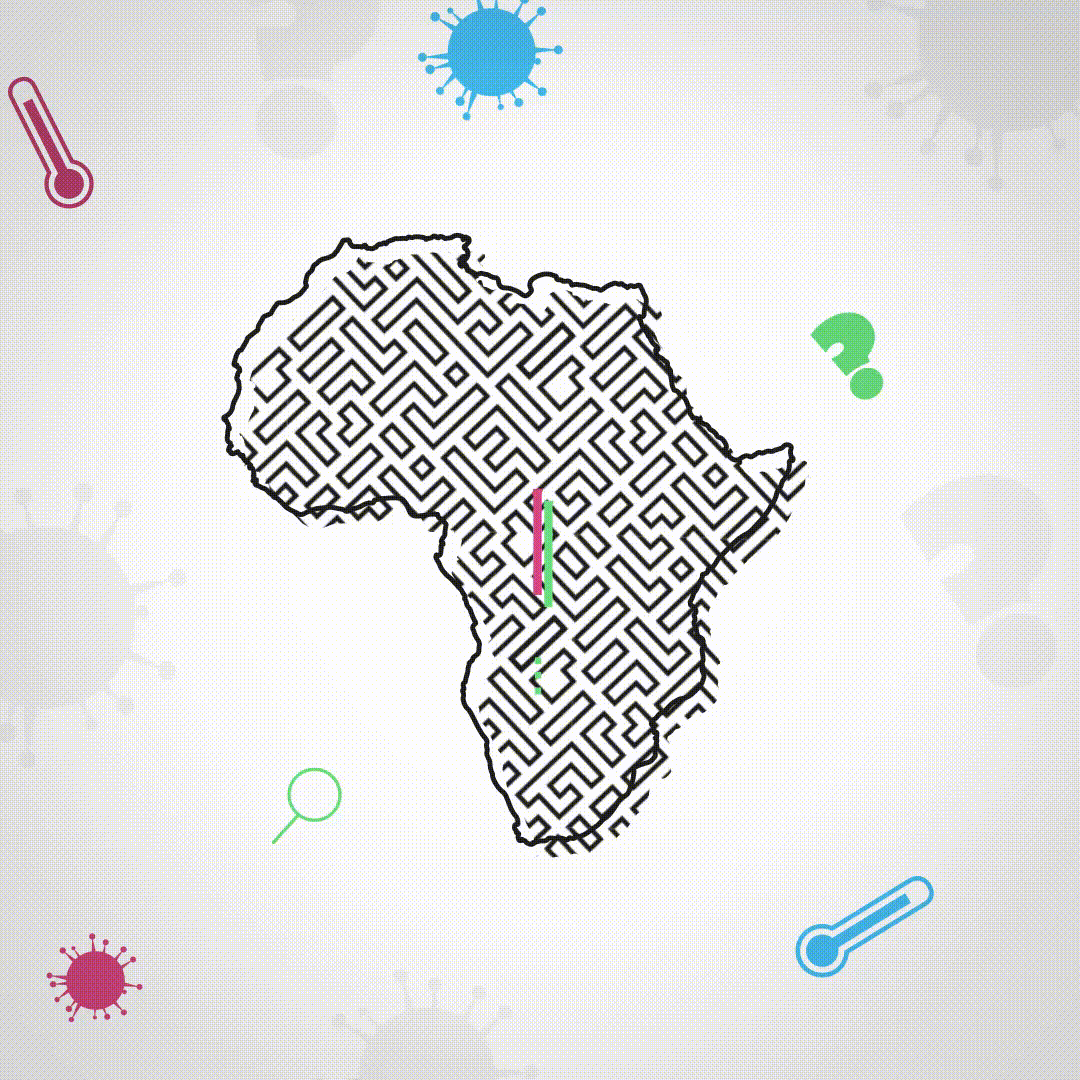
Hot Weather
The COVID-19 virus can spread in hot and humid climates

You can catch COVID-19, no matter how sunny or hot the weather is. Countries with hot weather have reported cases of COVID-19
The best way to protect yourself against COVID-19 is by maintaining a physical distance of at least 1 metre from others and frequently cleaning your hands. By doing this you eliminate viruses that may be on your hands and avoid infection that could occur by then touching your eyes, mouth, and nose.
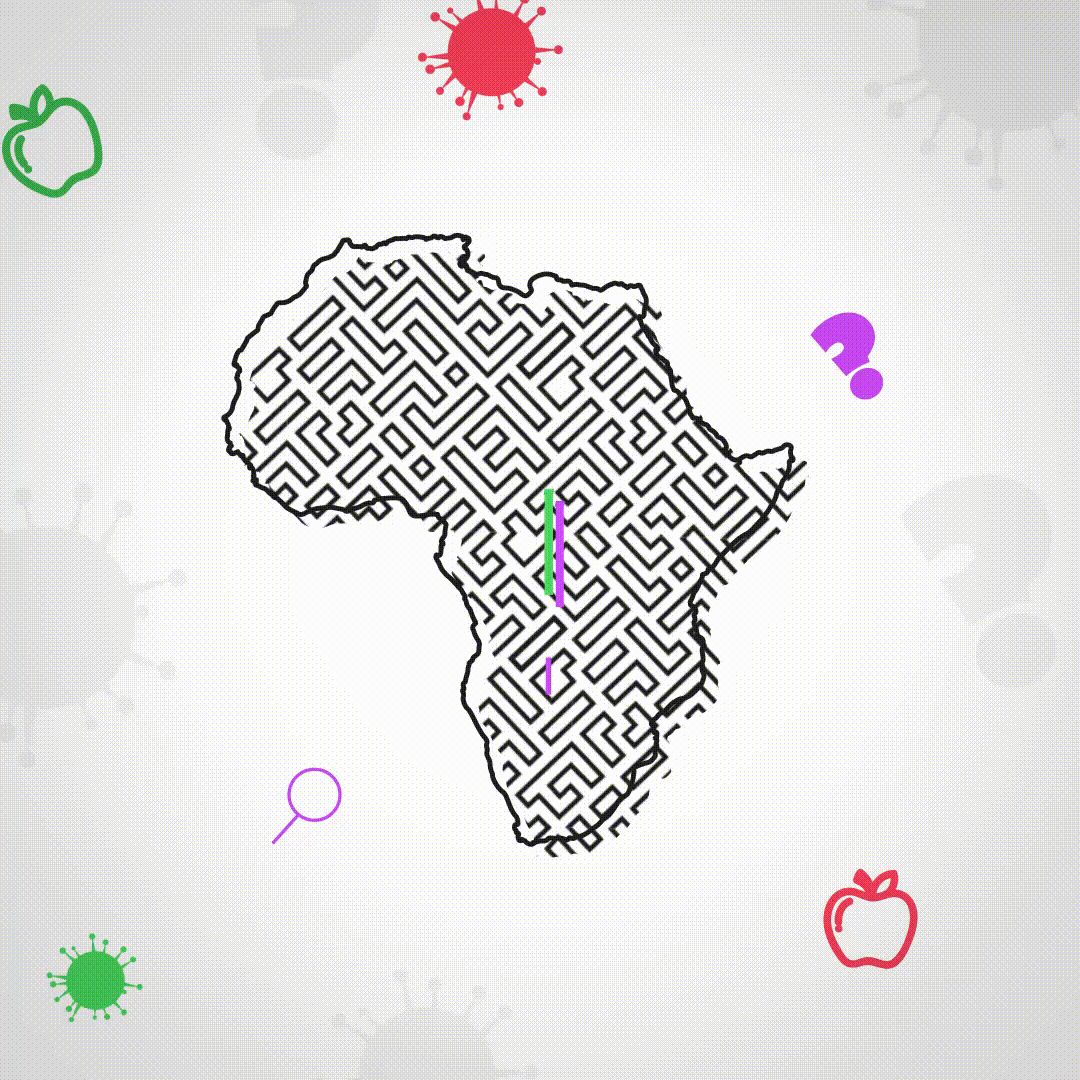
Immunity Boosters
No research supports the use of any supplement, food or diet to protect against COVID-19

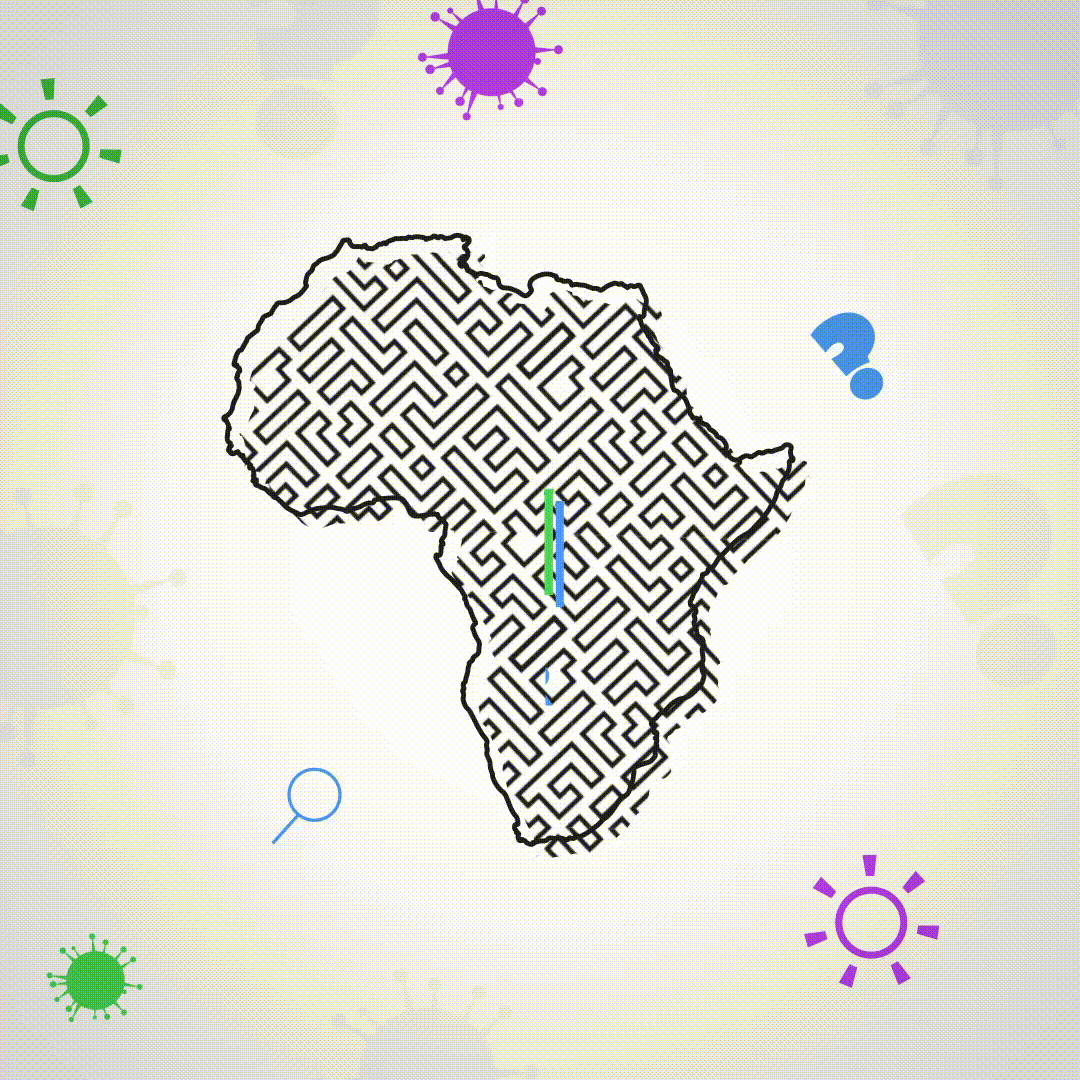
UV Rays
Ultra-violet (UV) lamps should NOT be used to disinfect hands or other areas of your skin.

High temperatures are not proven to prevent COVID-19. UV radiation can cause skin irritation and damage your eyes.
Cleaning your hands with alcohol-based hand rub or washing your hands with soap and water are the most effective ways to remove the virus. To protect yourself, make sure you clean your hands frequently and thoroughly and avoid touching your eyes, mouth, and nose.


